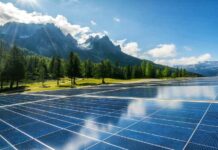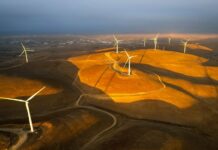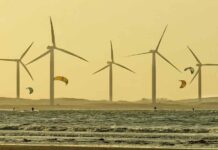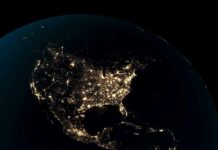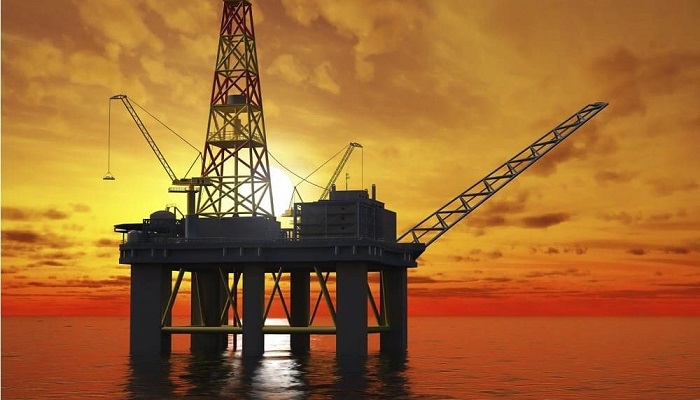Debates pertaining to discovering oil in the Brazilian topography that looks promising but at the same time environmentally fragile Equatorial Margin happen to be again causing public outrage and clashes between federal authorities.
On one side is the MMA- Environmental Ministry, in addition to the local as well as international environmental organizations that happen to be concerned pertaining to ecological impacts, whereas on the other are the MME- the mines and energy ministry, Petrobras- the oil major and the sector itself, who happen to be claiming that Brazil should go on to open fresh frontiers for reasons related to energy security.
On May 28, 2024, Thiago Longo Menezes, MMA’s general coordinator of climate change, remarked that a decision in connection with exploring the area should not be taken before the COP30 climate conference, which is scheduled to take place in November 2025.
As per Menezes, who was speaking to journos in an event that was hosted by IBP in Rio, a local petroleum association, it is not only a discussion taking place in Brazil but all across the world on what one is looking out for from the energy transition. The fact is that there should not be a decision based on the equatorial margin until then.
It is well to be noted that Petrobras has in the past drilled in the Potiguar basin, which is one of the five areas based on the Equatorial Margin in the north. However, despite an environmental license from Ibama, the environmental regulator still happens to be lacking the ability to drill at the Foz do Amazonas basin, which happens to be the most promising of all.
The CEO of Petrobras, Magda Chambriard, went on to defend the exploration in the new areas, which include Amapa State, where the Foz do Amazonas basin happens to be located. Chambriard remarked in a press conference that the environment ministry has to be clearer in the requirement for Brazil to go ahead and explore the Equatorial Margin and also drill these walls, even so as to lead the transition in energy. The anticipation is that the matter may as well go on to generate tensions between Environment Minister Marina Silva and Chambriard.
On May 27, Alexandre Silveira, the mines and energy minister, opined that while the country happens to be discussing oil exploration in the Equatorial Margin, Guayana happens to be extracting oil in a region that, as a matter of fact, should be explored by Brazil.
He added that Guyana is sucking on Brazil’s riches by way of straw, and they are exploring across the border in a block that was acquired under Rousseff’s government. The fact is that they can in no way disrespect contracts, and it is the right of the people of Brazil to know their riches.
Floriano Pesaro, who happens to be the director of corporate management at Apex, Brazil’s export promotion agency, said during the event that the trade promotion and investment attraction policy goes on to consider diversity when it comes to energy sources as well as encourages initiatives by way of tech and innovation, including those from the oil and gas sector.
One more significant vector is to foster opportunities across the north and northeast regions in sync with the requirements in terms of regional development as well as energy choices in these locations. One of the choices in such regions happens to be the exploration of reserves of oil and gas in the Equatorial Margin.
It is worth noting that Greenpeace has gone on to emerge as one of the most able international opponents when it comes to oil exploration across the Foz do Amazonas basin. The NGO says that the exploration within the region can go on to have phenomenally devastating effects as far as coral reefs are concerned, which happen to be necessary for the water health as well as the health of local communities.
One of the Greenpeace members wrote that when an oil company starts activities in an area, it brings along with it the risk of accidental spills that apparently, threaten the lives of plants and animals directly. In the case of Foz do Amazonas, wherein the river happens to meet the Atlantic Ocean, the scenario becomes much more delicate as one is talking about distinct, huge, and still unknown biodiversity.






